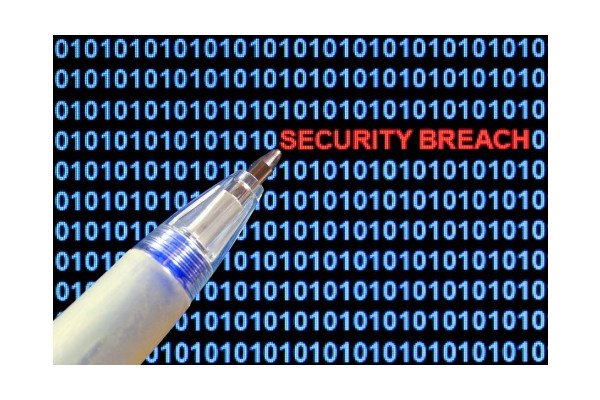Back in May,  my good friend Eric Cowperthwaite caused a stir with a blog post about security breach victims getting demonized for failing to prevent break-ins. Other industry friends passionately disagreed.
My thinking on the matter continues to evolve. But as is usually the case, my thinking takes me to the middle.
Companies that suffer a breach — Home Depot and Target have been among this year’s biggest poster children — are victims. They don’t set out to put their customers’ data in danger and they probably thought they were practicing all due diligence until they discovered the intrusions. But they probably also mistook their compliance check lists for real security and failed to turn security into a company-wide mindset, and that makes them enablers for the hackers who beat them.
One friend noted that Target demanded that customers let them scan driver’s licenses to buy things like Nicorette gum and that at the time of the breach the company didn’t have a  CISO or point person on consumer privacy.
Another friend reminded those participating in the debate that companies don’t truly care about security until they get popped.
They’re both right. And for those reasons, I think companies like Home Depot and Target deserve every drop of criticism. They also won’t do right by their customers and improve security without that criticism.
But is there a middle course, where we continuously remind companies that they were stupid and reckless but do so with some sort of bedside manner? I don’t pretend to have the answer.
But Cowperthwaite made an argument in his post that it absolutely true: People in the security community love to kick a company when it’s down.
When someone messes up, we circle around them and start swinging, throwing one tweet and Facebook post after another.
Some say that’s too bad, that the victims need to hear the hard truth, and that if they can’t take the criticism they need to get over it or get out of business.
That’s true, too.
Here’s the sticking point:
There’s no consensus on what equals constructive criticism vs. name-calling. Some folks see disagreeable feedback as trolling, which is the wrong conclusion at least half of the time.
I propose two starting points to get us toward that better balance:
- To the security experts on Twitter and Facebook: When opining on a company’s failings, drop certain words. For example, refrain from calling them such things as “bozos,” “buffoons,” “asshats” and “fucktards.” Surely there are cleaner ways to tell them they were asleep at the wheel.
- To those who accuse the critics of trolling them: Get a thicker skin. If the language is critical, that doesn’t mean you’re being trolled. Most of it is free advice you can put toward the improvements you need to make, which should be your first care, anyway.
If there’s an even better way, I’m all ears.

